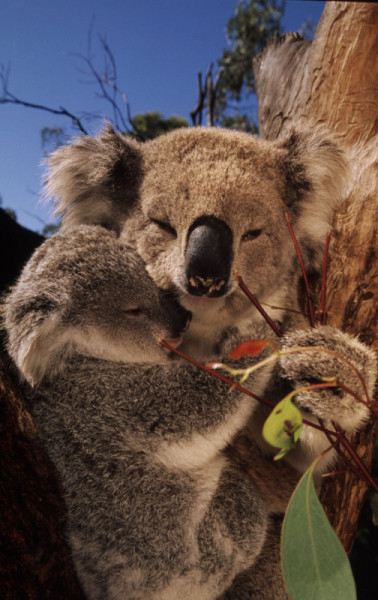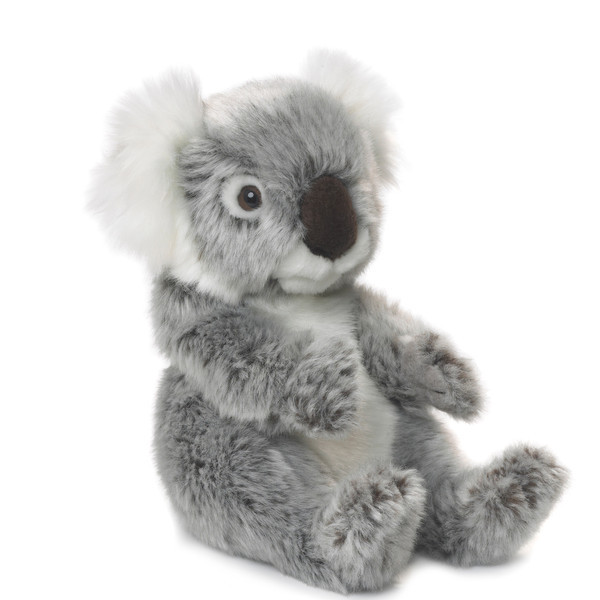Species of the Week: The Koala!
Closely related to the wombat, the koala is one of the world’s most endearing animals. The koala is a marsupial, and baby koalas (also known as a joey) are born blind and hairless at birth, and are very tiny. I’m talking, TINY! 2.5cm. To put that into perspective, it’s roughly the size of a loonie. After birth, they climb into their mother’s pouch, where it will stay, drinking milk and “pap”, a soupy eucalyptus predigested by its mother, for the next six months. Koalas spend their lives feasting on eucalyptus leaves and can sleep up to 20 hours a day!

But Australia’s most-loved icon is at risk.
In sprawling suburbs, thousands of koalas are killed by cars, dogs and disease. In 2012, koala populations in Queensland and New South Wales were listed as vulnerable under national law, because populations plummeted by 30 to 40% over the previous decade.
Like many species, the koala is vulnerable to climate change, which is expected to reduce the already low nutritional value of eucalyptus leaves.
WWF is at the forefront of efforts to protect wildlife habitat and prevent deforestation in Australia and in particular, Queensland, which has high levels of deforestation.

By symbolically adopting a Koala or other species, you’re supporting WWF’s conservation efforts. Each adoption kit includes a wildlife plush animal, personalized adoption certificate, paper gift bag, species poster and information pamphlet, and a charitable tax receipt for a portion of your purchase. To adopt a species today and give an extraordinary gift, visit our online store.
